Julia Gillard called it hyper-bowl. Last week Niki Savva turned it into an art form when she described the end of Malcolm Turnbull’s prime ministership as ‘murder and mayhem’. If Turnbull had been murdered politically, the nation didn’t seem to care much. No one lined the streets for his funeral parade. No one saluted his coffin lying in state. Most people shrugged their shoulders and moved on. Our national mourning period lasted for about four-and-a-half minutes. With seven different prime ministers in 11 years, getting another one is as unexceptional as the Greens worshipping the Sun God known as ‘Solar Panels’. It just happens. Only the most fawning of dewy-eyed sycophants like Savva shed a tear for Turnbull. Their great journalistic love affair had ended. What did Turnbull actually achieve during his three years in the job? I can think of only one useful public service, and that was to stop Kevin Rudd from becoming UN Secretary-General. Mind you, it’s not a bad achievement. Turnbull may well have saved the world. Malcolm has now gone to New York, where he and Kevin are likely to catch up, sharing war stories about political treachery. Rudd knifed Kim Beazley for the Labor leadership, yet he’s still complaining about Gillard knifing him. Turnbull knifed Brendan Nelson and Tony Abbott for the Liberal leadership, yet he’s consumed by the ‘powerful media voices’ that supposedly knifed him. At least it’s cheaper than therapy.
If there was a murder in Australian public life in the past fortnight, it wasn’t of the political kind. It was academic. We are witnessing the death of student writing and reading skills. The 2018 NAPLAN results produced the weakest standard of high school writing in the 10 years of the testing process. More than one-fifth of Year 9 students fell below the national minimum benchmark, essentially a Mickey Mouse grade. Reading results were no better. According to the Grattan Institute’s NAPLAN analysis, ‘In a typical to slightly disadvantaged secondary school, one-third of Year 7 students are still learning to read’, with less than 40 per cent of the cohort actually at a Year 7 level. It’s fashionable to blame social media for the decline but that’s a cop-out. The problem is in the classroom, with substandard teaching and an English curriculum overrun by leftwing identity politics. If students choose to study politics at university, good luck to them. But it shouldn’t be compulsory during their school years under the fraudulent banner of ‘HSC English’. This is a classic Trojan Horse strategy, with English lessons discussing material better suited to a Sarah Hanson-Young dinner party. Recently I was given a copy of the NSW Years 7-10 English syllabus, with a highlighter pen having been used to display the sections dealing with ‘diversity politics’ and ‘gender theory’. They were yellow pages. ‘Students experience and value difference and diversity in their everyday lives’, the document began, ‘Age, beliefs, gender, language and race are some of the factors that comprise difference and diversity. English provides students with opportunities to deal with difference and diversity in a positive and informed manner, showing awareness, understanding and acceptance.’ What about being able to write, to string two sentences together? What about an appreciation of the great works of English literature, a cornerstone of our civilisation? Even Emily Bronte has been politicised. In the NSW curriculum, ‘Wuthering Heights is traditionally read as a novel about intense human relationships but contemporary alternative readings include a political reading, seeing it as a novel of social class and bourgeois exploitation in Victorian England, and a gendered reading, with gender stereotypes.’ Cathy thought she was coming home, but it turns out she was signing up for one of Clementine Ford’s ‘kill all men’ campaigns. Instead of reading Dickens and Orwell, classes are studying Emma Watson’s 2014 UN speech promoting feminism and Gillard’s misogyny rant against Tony Abbott. If speeches were to be studied at school, one would have thought Pericles, Jesus of Nazareth and Churchill might rank ahead of femi-nazi victimhood. In Year 10 English, students have to answer the question, ‘Is This Who We Really Are?’. It’s part of a unit on ‘Media Gender Representations’, with the goal of ‘making young people aware that besides media representation, gender stereotypes also exist and are perpetuated by many factors, such as peer pressure, family upbringing, culture and tradition.’ Like the insidious Safe Schools program, it seeks to pressure students into disregarding the things they have learnt in the family home. The unit presents students with a list of so-called gendered adjectives, including ‘clever’, ‘hardworking’, ‘leader’ and even ‘frigid’ – a bizarre English exercise in sex education.When I told the strongest personality I know, my 11-year-old daughter, that some people in the NSW education system think boys are smarter than girls and make better, harder working leaders, she replied, ‘That’s untrue, Dad, they must be lunatics.’ In her friendship group, a lively example of primary school ‘girl power’, the gendered adjectives list would head straight for the bin.
There’s murder and mayhem in Australia all right. Reading and writing skills are being slaughtered by education ministers and bureaucrats keener on political correctness than academic outcomes.
Got something to add? Join the discussion and comment below.
Get 10 issues for just $10
Subscribe to The Spectator Australia today for the next 10 magazine issues, plus full online access, for just $10.
You might disagree with half of it, but you’ll enjoy reading all of it. Try your first month for free, then just $2 a week for the remainder of your first year.


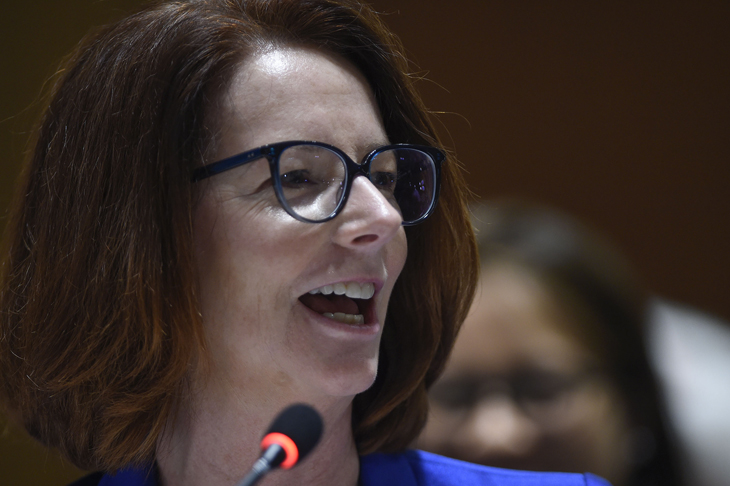

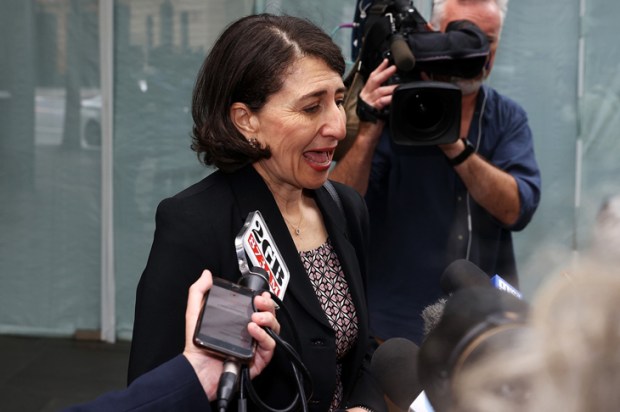

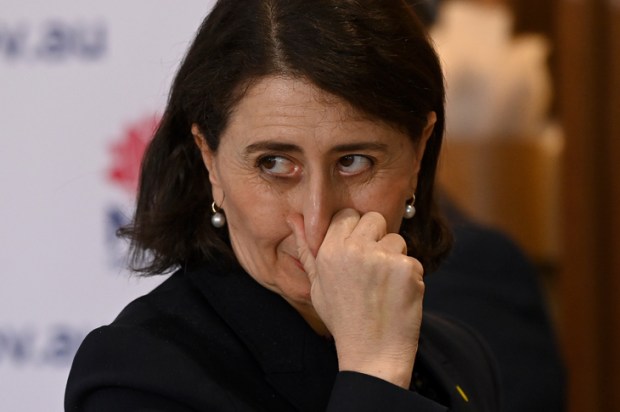
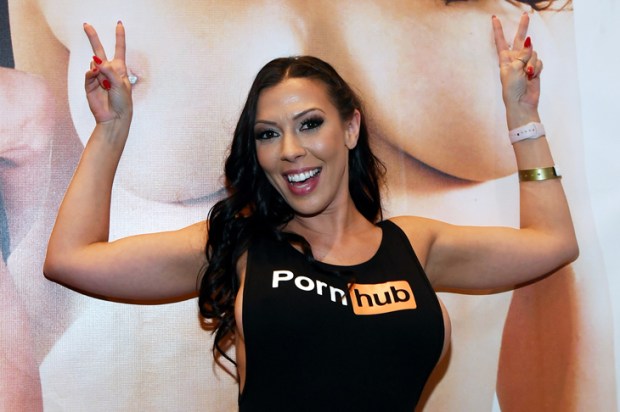
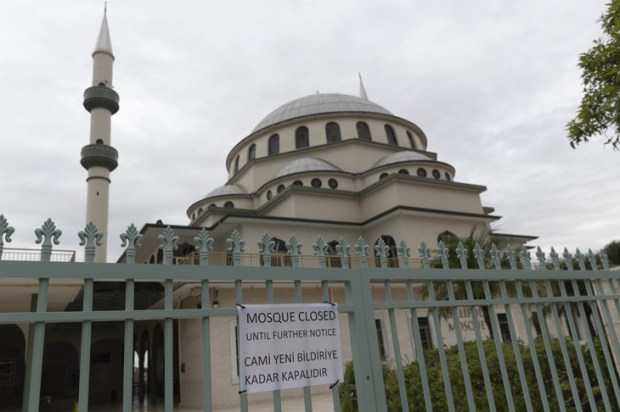






Comments
Don't miss out
Join the conversation with other Spectator Australia readers. Subscribe to leave a comment.
SUBSCRIBEAlready a subscriber? Log in